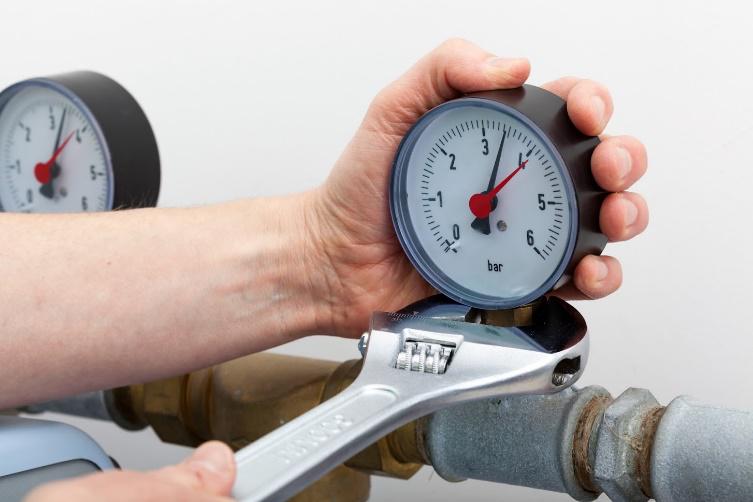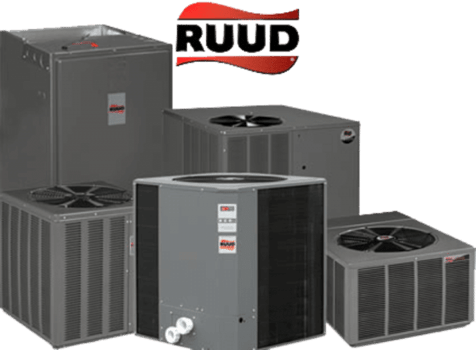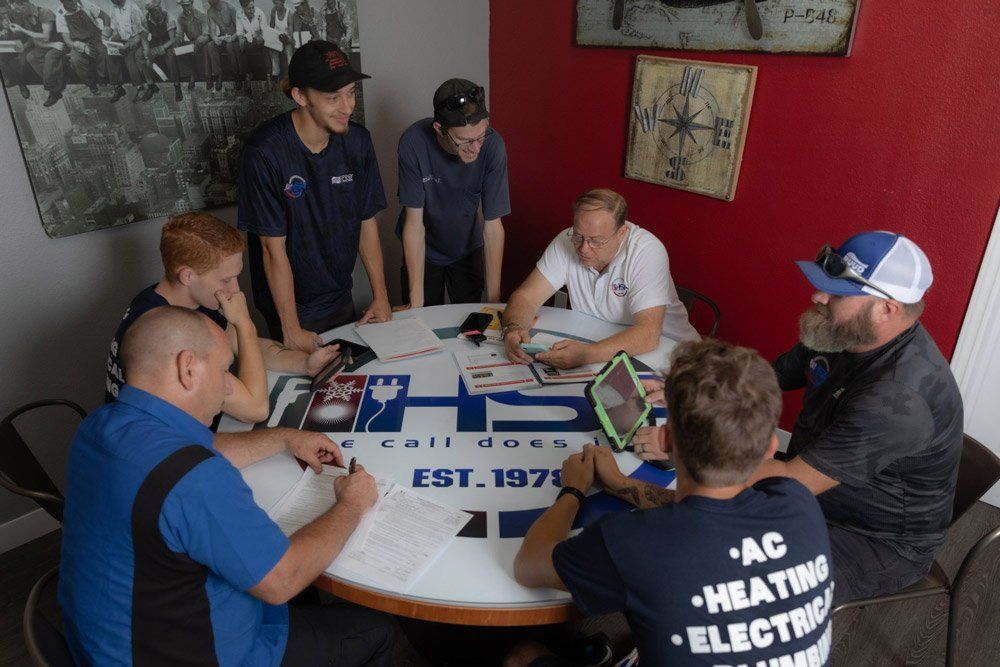Tips for Preventing Slab Leaks

Your home's concrete foundation sits atop a series of copper pipes. Minor leaks in these pipes can become major problems over time, and, unfortunately, these leaks are often unnoticed until damage to your home's foundation has occurred. Understanding how slab leaks occur can help you be proactive and prevent a plumbing disaster.
Here are a few ways you can prevent a slab leak from occurring.
Learn the Warning Signs of a Slab Leak
Unfortunately, many homeowners don't realize they have a slab leak until it is too late. Understanding the early signs of a slab leak can help you contact a plumber in time to prevent any more damage from occurring. Here are a few of the most common early warning signs of a slab leak:
• Higher-than-normal water bills• Sudden decrease in water pressure
• Continually running water heater
• Wet carpets and damaged hardwood floors
Contact your plumber right away if you notice any or a combination of the above-mentioned signs. The sooner you address the cause of the slab leak, the more quickly your plumber can repair the damage and prevent another leak in the future.
Schedule a Plumbing Inspection
Whether you've noticed any of the warning signs of a slab leak or everything seems normal, scheduling a plumbing inspection now can help your plumber find any minor leaks before they become a major plumbing disaster. For example, some plumbers use a specialized microphone that allows them to hear the sound of water leaking from the copper pipes under your slab.
Some plumbers will use a fiber optic-mounted camera that goes through the plumbing to detect any leaks.
If your plumber detects a leak, your plumber will provide you with options to repair the damage to your plumbing and let you know if your foundation requires any work.
Maintain Proper Water Pressure
High water pressure can wreak havoc on your home's plumbing and lead to a slab leak. The first step to determining if your water pressure is too high is to understand the signs. For example, one of the most common signs is a banging or clanking noise when the water is turned on or running. Leaking faucets while someone takes a shower or does a load of laundry is another sign.
Talk to your plumber about how to test your home's water pressure. The easiest way to check the water pressure is with a water pressure gauge, which measures the pounds per square inch, or psi, of your home's water lines. The gauge is on a spigot inside or outside of your home closely connected to the main water line.
Typically, this is an outdoor spigot or the washing machine's water supply. If your plumber determines your water pressure is too high, you may need a pressure-reducing valve, which allows you to manually maintain your home's water pressure.
Your plumber may recommend having the plumbing inspection to determine if your home's high water pressure caused damage to the pipes under your home's slab as well.
Pay Attention to the Trees Around Your House
The trees surrounding your house provide shade and a beautiful view, but they can also cause a slab leak if not properly maintained. If any damage exists to the plumbing beneath your slab, the root systems of the trees near your house will begin growing toward this constant source of water. Tree roots are strong and can eventually break through the pipe damage and create a major plumbing disaster.
Regularly prune the trees near your house, or if they have become too large and pose a serious threat to your plumbing, consider professionally removing any potentially dangerous trees.
From understanding the early warning signs to maintaining your home's water pressure, you can help prevent a slab leak. If you have any further questions, contact Henry's Service All.










